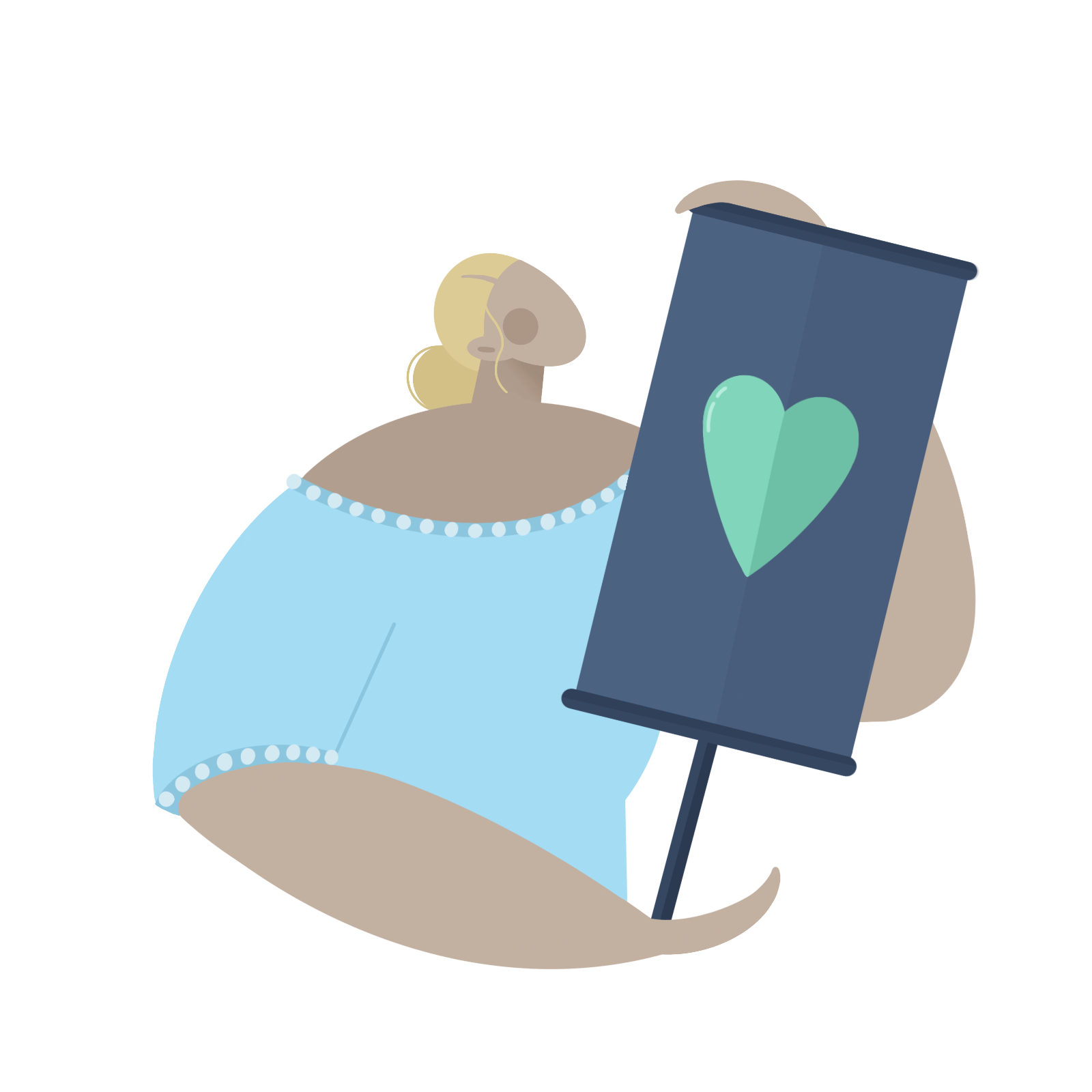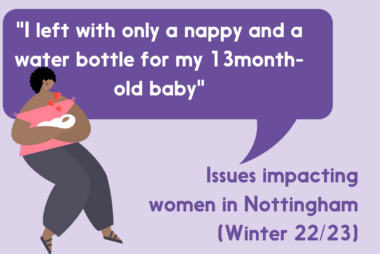1 in 10 (1.5 million) people suffer from endometriosis in the UK – a condition where tissue similar to the lining of the womb starts to grow in other places, such as the ovaries and fallopian tubes.

Endometriosis is a common condition in the UK but it still currently takes an average of eight years to get a diagnosis here. This is despite:
- 58% of those diagnosed having visited GP over 10 times
- 21% visiting doctors in hospital over 10 times
- 53% visiting A&E with symptoms
- 27% going to A&E more than three times
All About Endometriosis – awareness event
Come along to a FREE awareness event we’re planning with healthcare professionals on May 17th! It’s a welcoming space to learn about endometriosis as well as to talk about your experience of endometriosis.
When: Wednesday May 17th 6-7:30pm
Where: On Zoom
Topics that will be covered in this session include:
- What is endometriosis?
- Getting diagnosed
- Living with Endometriosis
- Treatment and Management
- Accessing services and support for endometriosis in Nottingham
Speakers:
- Dr Deb Shilpa, Consultant Gynaecologist, Nottingham
- Sanya Kurmani, NHS Nottingham
We understand that endometriosis is a broad subject especially around cultural considerations and how you experience endometriosis if you’re transitioning/ed. Come along to this session for an overview and there will be time at the end to share what you’d like to hear more specific information on.
There will be a Q&A session to chat about what is important to you, your experience, ideas and challenges. You don’t have to come prepared – just join the conversation!
Symptoms
Endometriosis can affect ALL women of childbearing age and people assigned female at birth including non-binary, gender fluid and transgender people. In addition to all the issues people already experience when suffering from endometriosis, transgender people experience additional barriers to accessing healthcare.
Classic symptoms of endometriosis include: painful/heavy periods; painful sex and infertility, but the full list of symptoms is much longer and may include:
- Heavy periods with/without clots
- Pre-menstrual spotting
- Prolonged bleeding
- Irregular periods
- Painful bowel movements
- Blood in the urine (haematuria)
- Extreme tiredness
- Depression
- Frequent infections such as thrush (candida)
- Leg and back pains
- See more on the Endometriosis UK website
Even a small amount of endometriosis deposits can be more painful for the sufferer than some severe diseases.
More information
If you think you might have endometriosis, are coming to terms with a diagnosis, or just want to find out more information, take a look at the following:



